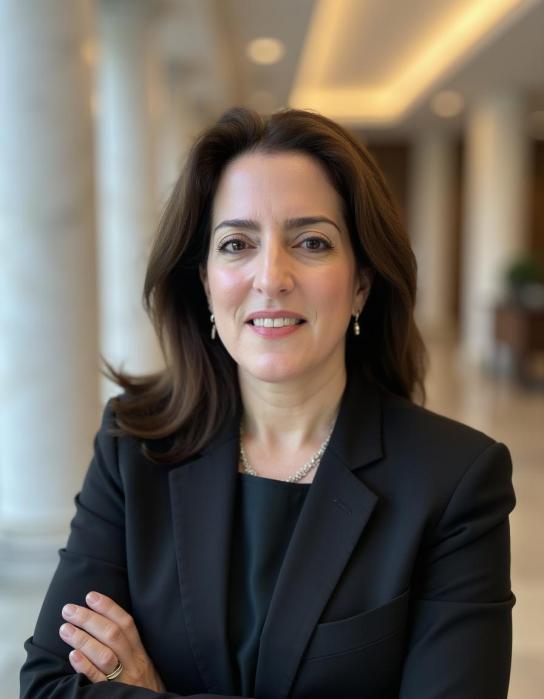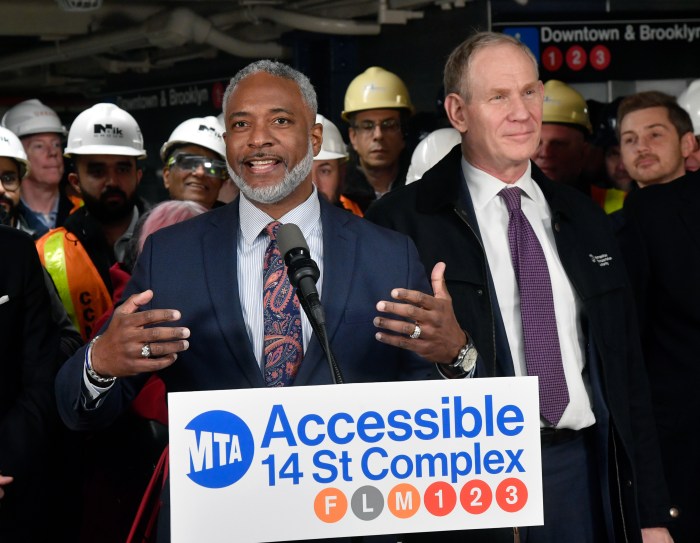I’ve kept quiet about what’s transpired since what happened to George Floyd for a variety of reasons. There’s a lot that I want to say but cannot bring myself to verbalize because I’m not sure where to begin. What we saw in that video was not a human act. It was the blatant murder of a man begging for his life from a system designed to protect its people, yet failed to do so not only here, but many, MANY times over the past few decades since we attained “equality” for our black friends and families.

Currently we are in the midst of the biggest civil rights movement to date and many people are out on the streets protesting, rioting and trying to make their voice heard to the people that need to hear it most. I myself will not be joining the protests due to fears of my own safety and it has left me wondering what I can do from home. Outside of signing countless petitions and texting countless numbers (if I had money at the moment I’d be donating too), I feel lost as to how I can help. Then, out of the blue I remembered something fondly. I remembered a swimming pool and a song about love, and I remembered that at one point in time the world was blessed to have Fred Rogers and his many neighbors on our TV screens.
In the 1960’s, at the height of the Civil Rights movement, swimming pools were still segregated and became a huge battleground for protesters. One 1964 incident stands out in particular, In St. Augustine, FL, a group of black and white teenagers jumped into a segregated pool. This action angered the manager, who poured acid into the pool to get them out. No one was hurt, but the message was clear. Even after segregation was outlawed, by 1969 many pools in America still shunned African Americans. Racial tensions were on the rise, as MLK was assassinated the year before. This was where Fred Rogers stepped in.
In his 1969 episode, Mr. Rogers invited one of the residents of his neighborhood, Officer Clemmons (played by Francois Clemmons), to take a seat and dip his feet into his tiny swimming pool. Clemmons initially declines, citing that he doesn’t have a towel to dry off. Rogers’ response?
“You can share mine.”
For a few minutes after, both men enjoyed each other’s company inside of the pool, making small talk and cooling off on a hot summer day. As promised, when Clemmons leaves, he’s handed a towel by Rogers, the officer dries his feet off and heads out. Shortly after, Rogers leaves the pool and uses the SAME TOWEL to dry himself off. Nowadays, this seems normal as it’s just what you do with friends. But in 1969, for a children’s program to show a seemingly innocuous event and show casual intimacy between a black man and a white man was, and continues to be, a powerful commentary on the beautiful connections we can have as human beings. Rogers was about sparking a conversation and breaking barriers in ways that anyone could understand. He never talked down to a person, but instead made it feel like he was talking directly to you with every episode he shot.

(Photo by Francois Scarborough Clemmons)
So why am I sharing this long essay about Mr. Rogers Neighborhood and the bond between Fred and Francois? Because I think it’s important and that we need a Fred Rogers in the world right now.
Rogers was someone who wanted to spread love and teach kids not only about a big and scary world that they were growing up in and desperately trying to understand. He also hoped that maybe adults at home watching with their kids might learn a little more about themselves and grow as individuals.
Today, I think Fred Rogers would understand what the protesters and many African-Americans across the country are feeling. I think he would be okay with protest, and to an extent I think he would even understand the rioting (though by no means do I think he’d condone it). But that’s not the message I think he’d want to get across. I think the message he’d really want to push is that it’s okay to be angry.
Frustrations are at an all-time high. What we saw unleashed was the wrath of a marginalized group of people who have been killed relentlessly with no justice to be had. At a time like this, Fred Rogers would want people to know that letting that anger out is justified, because it’s a natural emotion we all feel that should come out during times like this.
Fred Rogers taught us that a simple act goes a long way, so let’s do our best to take those small acts and truly help those who need it. Get your anger out, make your voice heard and keep fighting the good fight. I, as well as millions of people around the world, will keep supporting you. I will use my abilities as a writer to support you, keep signing petitions, and hopefully donate money when I have the chance.
Let’s all try and be each other’s neighbor, from now and forever.






























